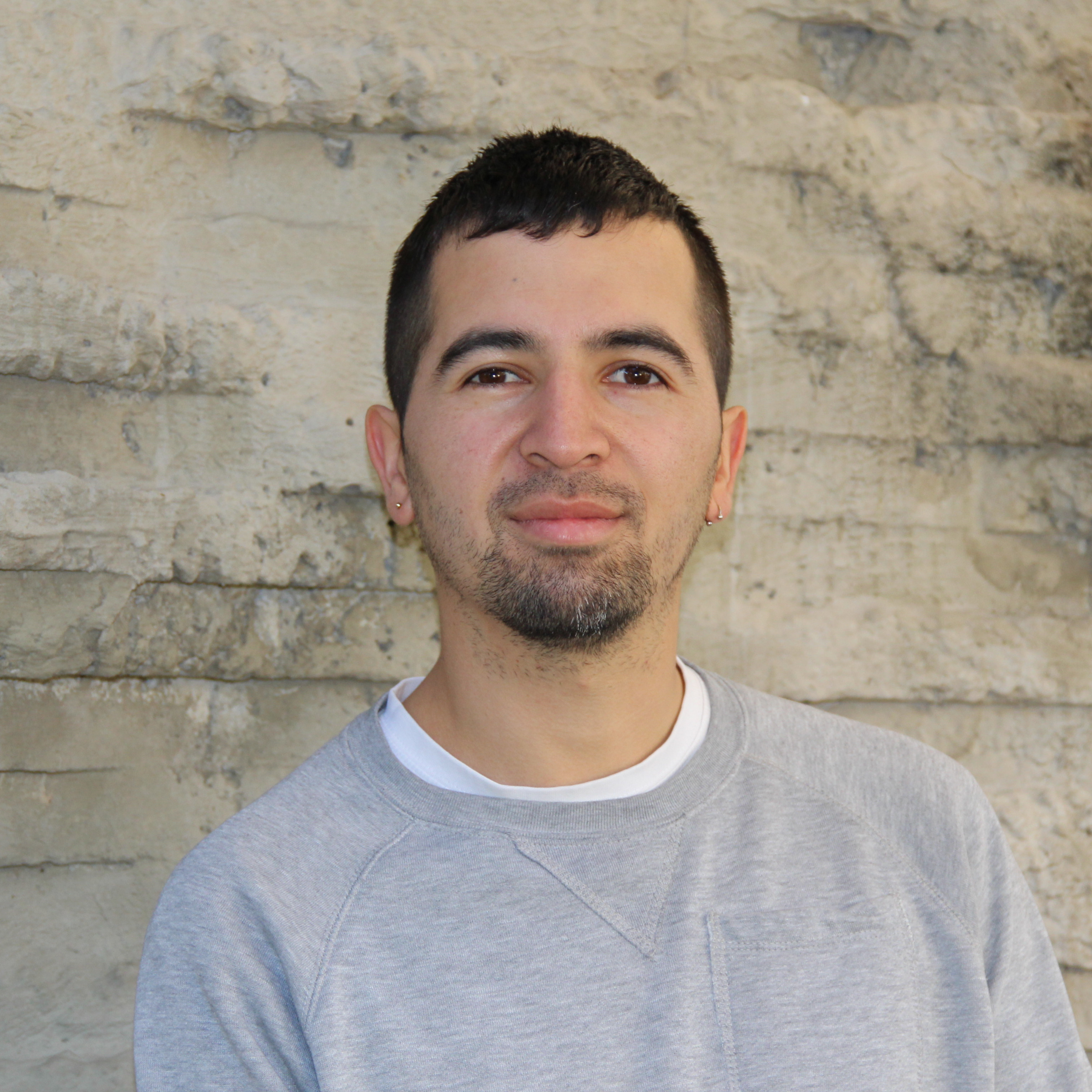Andrés Tangarife
PhD student

- Email:
- Andrés Tangarife-Escobar
- Post:
- Max Planck Institute for Biogeochemistry, Postbox 10 01 64 - 07701 Jena, Germany
- Phone:
- + 49 3641 576143
Research interests
I research on the timescales of the carbon cycle in different ecosystems and how environmental change affects the allocation and cycling rates of such carbon within soils, vegetation and atmosphere. For this purpose, I perform field campaigns and laboratory experiments, along with modelling studies to understand the interactions and feedbacks in the earth system and provide information for implementing better measures to counteract the effects of climate change.
During the last years I have approached the next questions:
- Peatlands and grasslands from the Tibetan Plateau, within the TransTiP Project “Geoecosystems in transition on the Tibetan Plateau”.
How temperature and soil moisture variation affect the carbon dioxide fluxes and the age and transit time distributions of carbon in peatland and grassland soils of the Tibetan Plateau?
How can radiocarbon (14C) data in bulk soil and heterotrophic respired CO2 be interpreted to understand the effect of changes in decomposition rates on ages and transit times?
- Boreal forests in Northern Sweden (Svarberget research site)
What is the variation in the isotopic disequilibrium of Δ¹⁴C among different carbon pools of a boreal forest, and how does this variation provide insights into the dynamics of carbon allocation and timescales of cycling?
- Artic tundra permafrost soils from Alaska
What level of complexity do models need to describe soil organic carbon (SOC) decomposition dynamics in an Arctic tundra permafrost soil from the Toolik Field Station, Alaska?
What is the effect of snow depth on the mean age and mean transit time of carbon in permafrost soils from the Toolik Field Station, Alaska?
My previous experience was related to the understanding of the water cycle in tropical ecosystems through hydrogeochemical and isotopic proxies (clay mineralogy, hydrochemistry and stable isotopes) and the impacts caused by natural and anthropogenic processes.
Selected publications
Tangarife-Escobar, A., Guggenberger, X., G.and Feng, Mun˜oz, E., Chanca, I., Peichl, M., Smith, P., & Sierra, C. (2024, in Press). Radiocarbon isotopic disequilibrium shows little incorporation of new carbon in mineral soils of a boreal forest ecosystem. Journal of Geophysical Research: Biogeosciences.
Muñoz Estefanı́a, Chanca, I., González-Sosa, M., Sarquis Agustı́n, Tangarife-Escobar, A., & Sierra, C. A. (2024). On the importance of time in carbon sequestration in soils and climate change mitigation. Global Change Biology, 30(3), e17229. https://doi.org/10.1111/gcb.17229
Tangarife-Escobar, A., Guggenberger, G., Feng, X., Dai, G., Urbina-Malo, C., Azizi-Rad, M., & Sierra, C. A. (2024). Moisture and temperature effects on the radiocarbon signature of respired carbon dioxide to assess stability of soil carbon in the Tibetan Plateau. Biogeosciences, 21(5), 1277–1299. https://doi.org/10.5194/bg-21-1277-2024
Tangarife‐Escobar, A., Koeniger, P., López‐Moreno, J. I., Botía, S., & Ceballos‐Liévano, J. L. (2023). Spatiotemporal variability of stable isotopes in precipitation and stream water in a high elevation tropical catchment in the Central Andes of Colombia. Hydrological Processes, 37(5), e14873.
Education
| Degree | Institution | Year |
|---|---|---|
| PhD. in Geosciences | Leibniz Universität Hannover | 2021 - Ongoing |
| M.Sc. in Tropical Hydrogeology and Environmental Engineering | Technische Universität Darmstadt | 2017 - 2019 |
| B.Sc. in Geology | Universidad Nacional de Colombia - Bogotá | 2008 - 2012 |